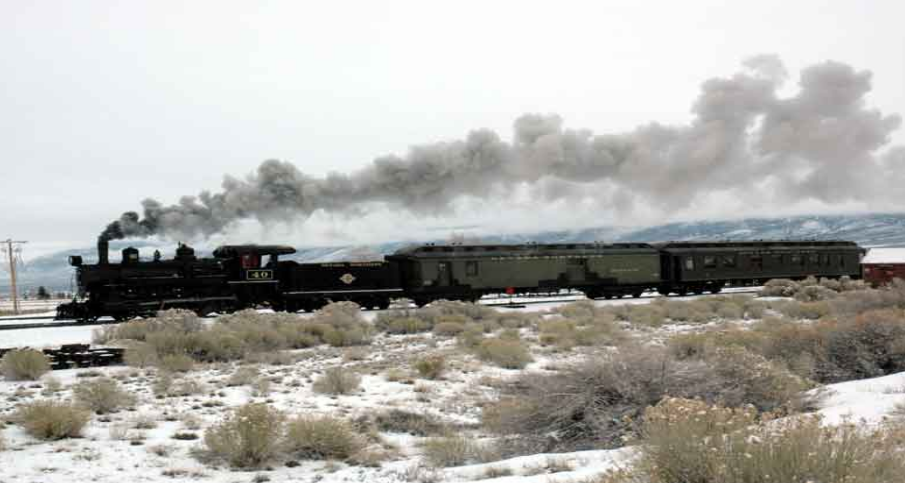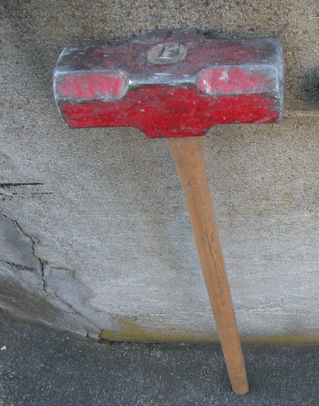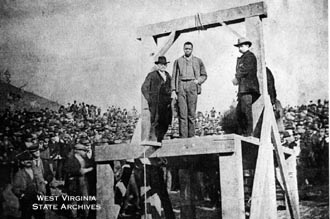
Camilla and I have been on the road since the beginning of September and are going to sea this week. We’ve been doing some hard traveling!!! This is a great Woody Guthrie song.
[G] I’ve been havin’ some hard travelin’, I thought you knowed
I’ve been havin’ some hard travelin’, [A] way down [D] the road
[G] I’ve been havin’ some hard travelin’, [C] hard ramblin’, [Am] hard gamblin’
[G] I’ve been havin’ some [D] hard travelin’, [G] lord
I’ve been ridin’ them fast rattlers, I thought you knowed
I’ve been ridin’ them flat wheelers, way down the road
I’ve been ridin’ them blind passengers, dead-enders, kickin’ up cinders
I’ve been havin’ some hard travelin’, lord
I’ve been hittin’ some hard-rock minin’, I thought you knowed
I’ve been leanin’ on a pressure drill, way down the road
Hammer flyin’, air-hose suckin’, six foot of mud and I shore been a muckin’
And I’ve been hittin’ some hard travelin’, lord
I’ve been hittin’ some hard harvestin’, I thought you knowed
North Dakota to Kansas City, way down the road
Cuttin’ that wheat, stackin’ that hay, and I’m tryin’ make about a dollar a day
And I’ve been havin’ some hard travelin’, lord
I’ve been working that Pittsburgh steel, I thought you knowed
I’ve been a dumpin’ that red-hot slag, way down the road
I’ve been a blasting, I’ve been a firin’, I’ve been a pourin’ red-hot iron
I’ve been hittin’ some hard travelin’, lord
I’ve been walking that Lincoln highway, I thought you knowed,
I’ve been hittin’ that 66, way down the road
Heavy load and a worried mind, lookin’ for a woman that’s hard to find,
I’ve been hittin’ some hard travelin’, lord









